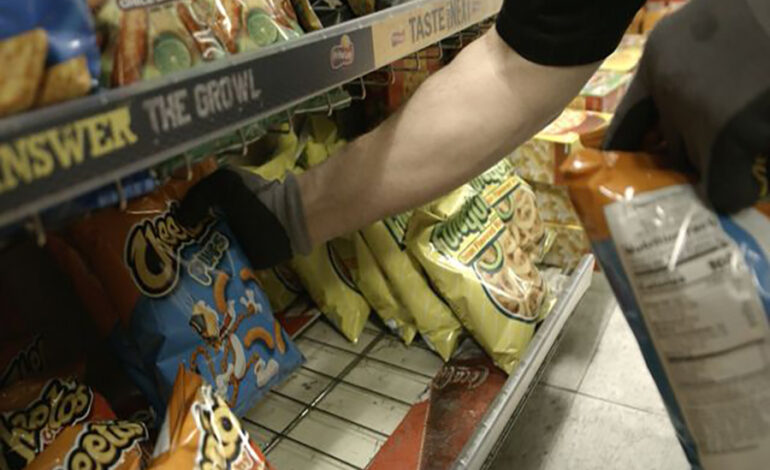Frito-Lay Minis: A Case of Copycat Branding?

In a recent move, Frito-Lay unveiled its new Frito-Lay Minis, offering bite-sized versions of beloved snacks packaged in tall canisters. However, the striking similarity in packaging has sparked discussions about potential copycat branding and encroachment on a rival’s iconic product.
A Familiar Resemblance
The packaging of Frito-Lay Minis bears a striking resemblance to the iconic Pringles canister, a staple in the snack industry for over five decades. The sleek design and cylindrical shape of the Frito-Lay Minis packaging echo the distinctive look of Pringles, owned by Frito-Lay competitor The Kellogg Company.
Introducing the Frito-Lay Minis
Despite the packaging controversy, Frito-Lay Minis offer a convenient snack option, featuring bite-sized versions of popular snacks like Cheetos, Doritos, and SunChips. Marketed as an on-the-go snack, these mini treats aim to provide consumers with variety and flavor in a portable format, available at select U.S. retailers for $2.79.
Response from Frito-Lay
Stacy Taffet, SVP of marketing at Frito-Lay North America, defended the product’s design, highlighting the need for innovation and diversity in the snack aisle. While acknowledging the similarities to Pringles’ packaging, Taffet emphasized the intention to offer consumers more options in the canister snack market.
Industry Reactions
The unveiling of Frito-Lay Minis has sparked mixed reactions within the industry and among consumers. While some applaud the brand’s initiative to introduce new snack options, others criticize it as copycat branding. Speculations have arisen regarding potential trade dress infringements and the lack of differentiation from Pringles’ canister design.
Conclusion
The controversy surrounding Frito-Lay Minis underscores the complexities of branding and packaging in the competitive snack industry. As Frito-Lay navigates the aftermath of its product launch, it remains to be seen how consumers and competitors will respond to the perceived similarities with Pringles. Amidst debates over copycat branding, the ultimate test lies in the product’s reception and its ability to resonate with consumers in an increasingly crowded market.







